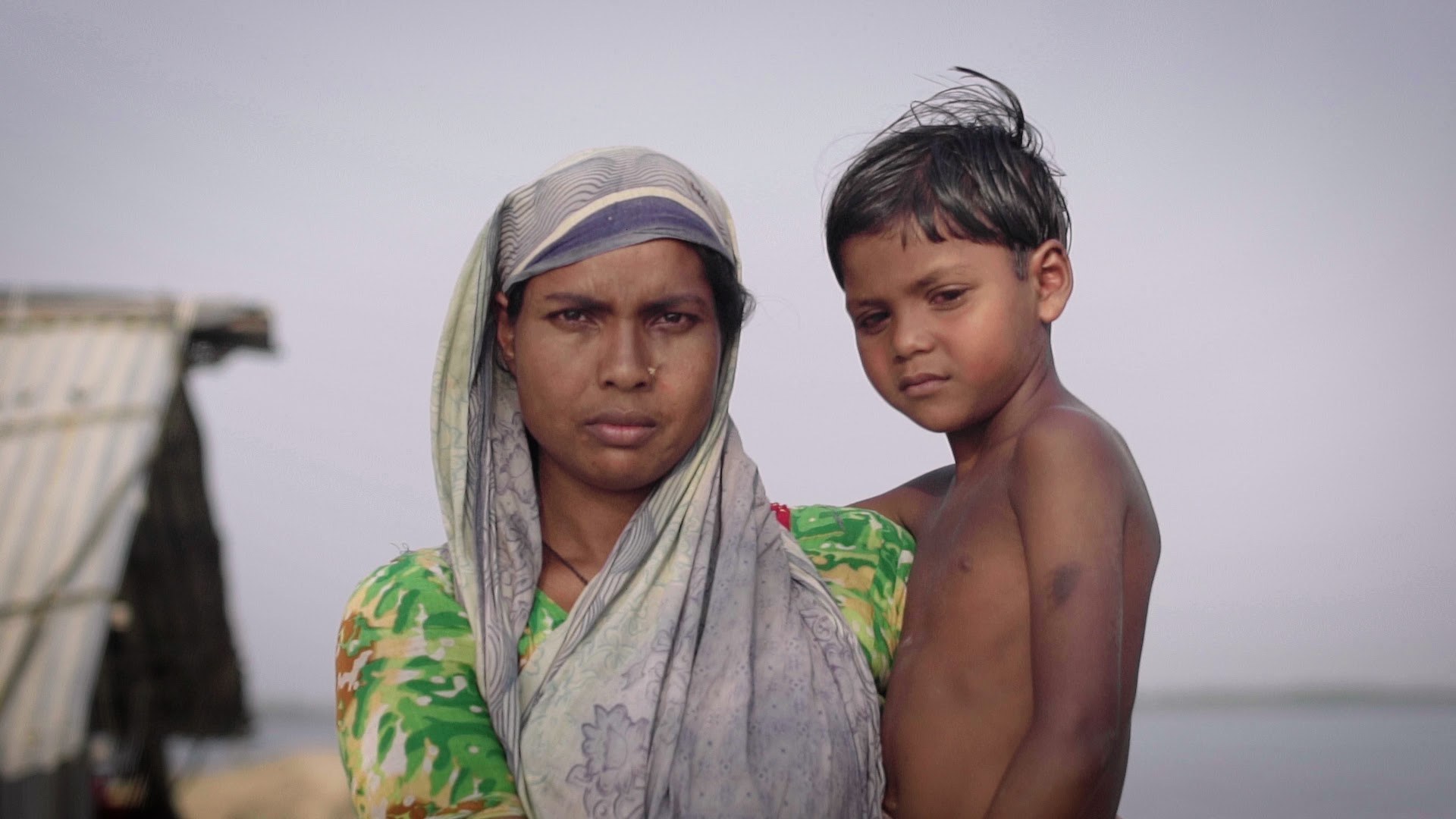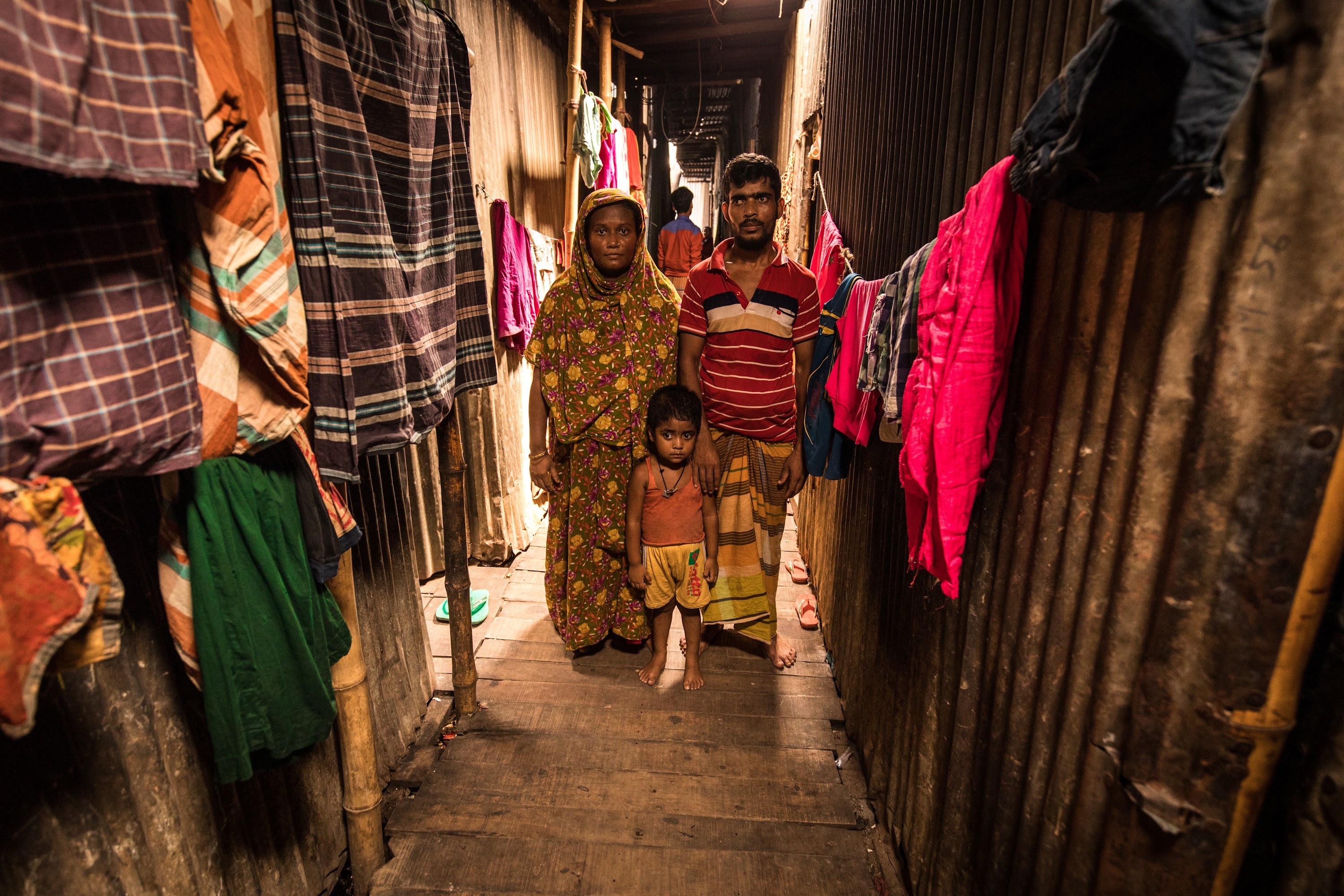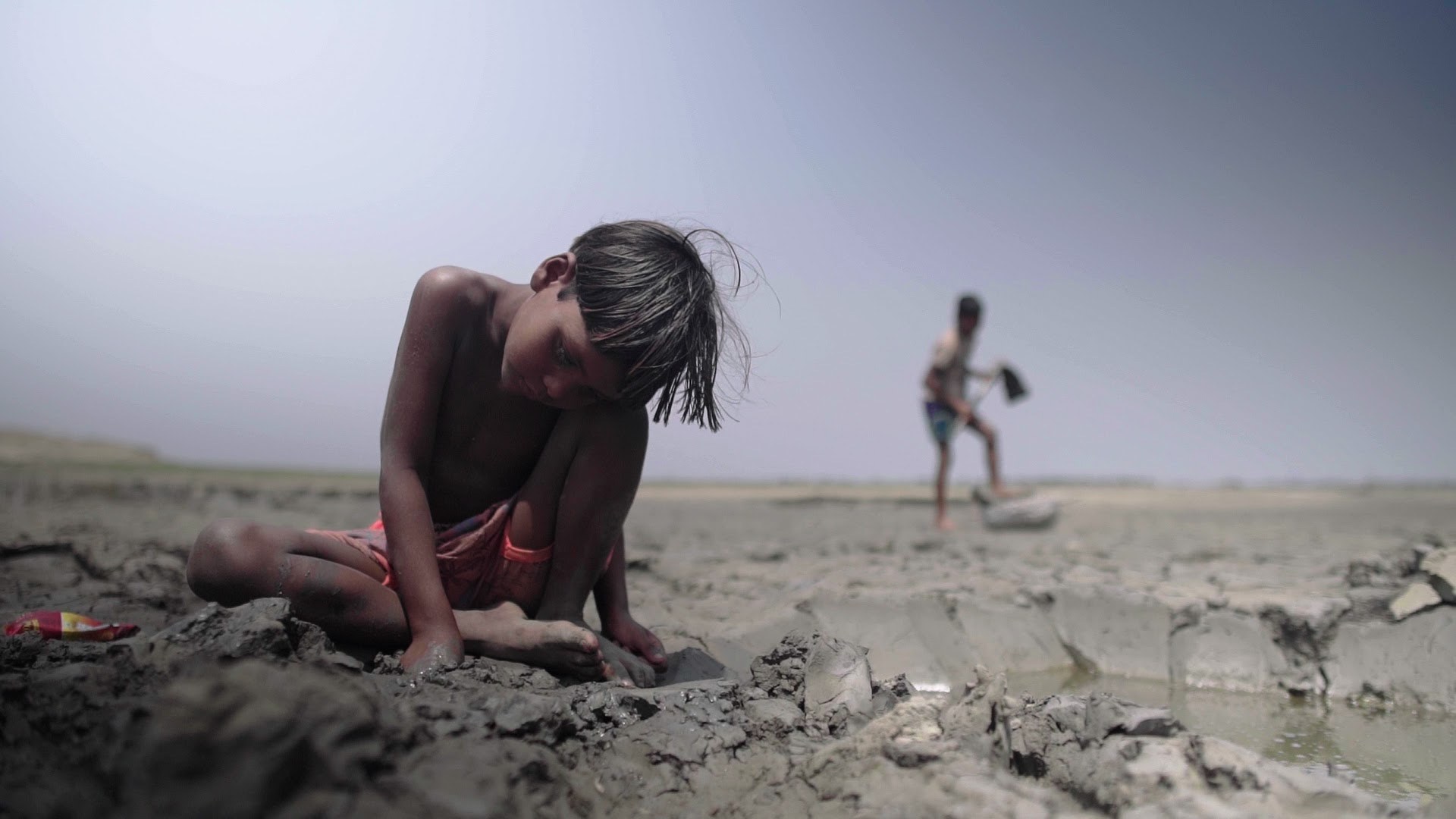An issue of justice
The people and countries that have historically contributed the least to greenhouse gas emissions, and benefited the least from carbon-fuelled economic growth, are those suffering first and worst from the impacts of climate change.
Climate refugees are an extreme example of the injustice wrought by global heating, where communities are forced from their homes by the climate crisis. Often, these people made a negligible contribution to the emissions forcing them to move, and they then suffer the secondary cruelty of not having legal protections allowing them to move safely.
Persons or groups of persons who, for reasons of sudden or progressive climate-related change in the environment that adversely affects their lives or living conditions, are obliged to leave their homes either temporarily or permanently, and who move either within their country or abroad.
EJF's definition of climate refugees
Crisis now
Since 2008, weather-related hazards – which are increasing in frequency and severity as a result of the climate crisis – have displaced over 21 million people each year on average, equivalent to 41 people every minute. This figure does not include those forced to leave home due to slow-onset climate impacts, such as desertification and sea level rise.
Most of the world’s climate refugees come from vulnerable communities in lower-income countries, where environmental degradation and the climate crisis intersect with and exacerbate other stressors such as poverty, oppression, and conflict.
The purpose of these figures is not to induce security-motivated panic or appeal to those who fear migration as a threat. We are illustrating the scale of human suffering which the climate crisis is triggering, and making an urgent case for protective action - both mitigation and adaptation policy, and specifically including support to the displaced.

The water level used to be two feet but now it's almost four feet! In this situation, how can we survive? Where will we go? There is water everywhere. We are drowning.
Mosammat Nur Nahar Khatun, Bangladesh
Current legal frameworks are not fit for purpose
Existing frameworks, from refugee law to climate agreements, do not meet the needs of climate refugees, as the legal analysis in our report makes clear.
Given the historic injustice at the heart of the climate crisis, it is morally imperative that the international community urgently work together to protect climate refugees by:
1. Mitigating global heating through rapid decarbonisation action;
2. Developing protections for those already affected by the climate crisis, specifically without reopening existing international legal frameworks for refugees.

We have a moral obligation to support those vulnerable communities who are having to deal with losing their ancestral home, losing the place that they live, losing their self identity, losing worth, losing value in terms of their family and their social life and their social belonging.
Professor Tahseen Jafry, Glasgow Caledonian University
Time for action
In light of the reality faced by vulnerable communities impacted first and worst by the climate crisis, EJF calls on governments to take bold, rights-centred action now to protect those displaced by the climate crisis.
We recommend:
- A new legal framework for the protection of climate refugees;
- Implementation of the Paris Agreement;
- Scaling up of international climate finance commitments;
- Data collection and monitoring for climate refugee protections;
- Inclusive negotiating mechanisms.
Read the full report here.
